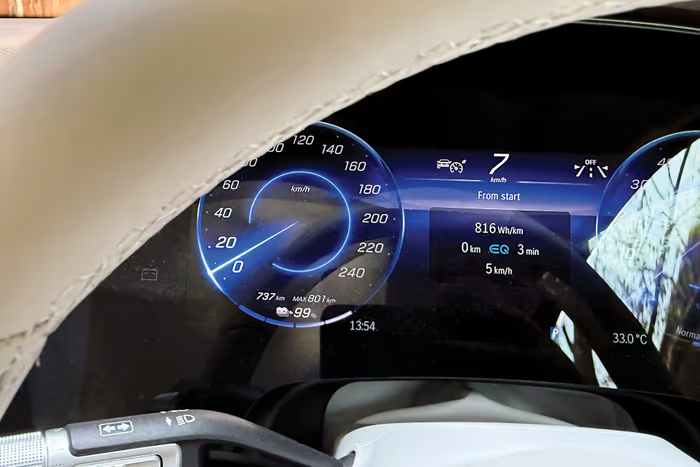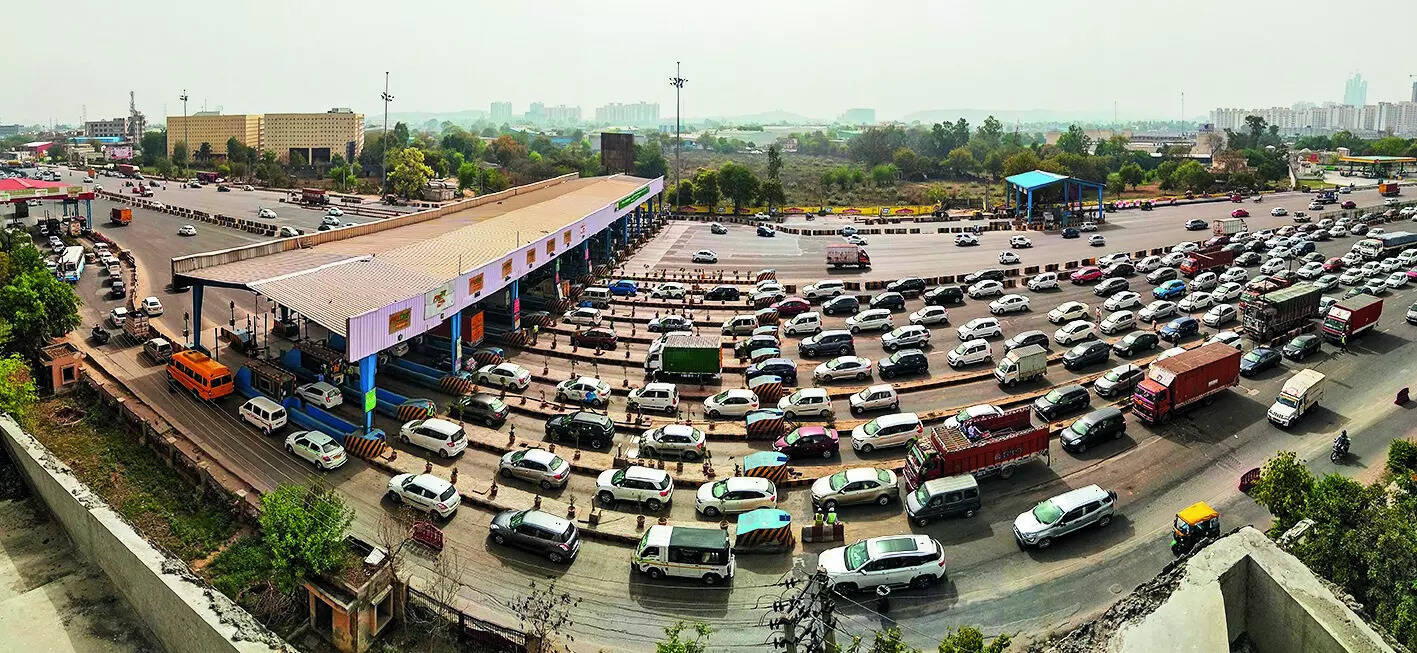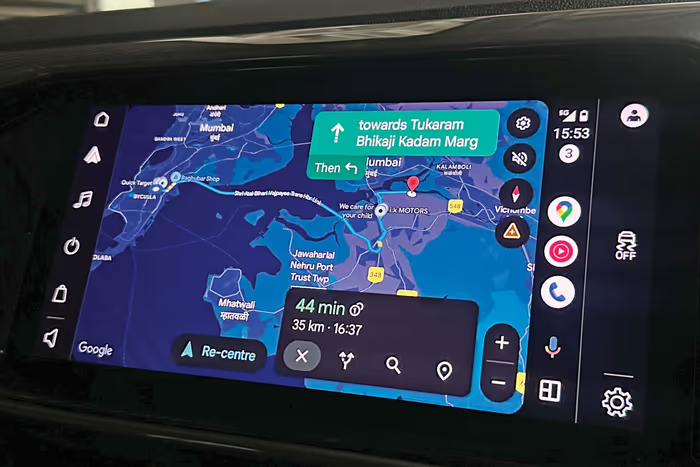The pilot project will cover 16 locations in the Greater Visakhapatnam Municipal Corporation, four in Kakinada, five in Rajamahendravaram, 28 in Vijayawada, seven in Nellore and six in Kurnool.

Smart sensors will detect mosquito species, their gender, density, as well as temperature and humidity levels in any given area.
Synopsis: Andhra Pradesh is set to launch an AI-powered mosquito control pilot in six municipal corporations, using drones, sensors and heat maps to track and curb vector-borne diseases. The Smart Mosquito Surveillance System (SMoSS) is expected monitor mosquito density in real time, guiding targeted spraying and reducing chemical use, time, and cost.
The Andhra Pradesh Municipal Administration and Urban Development (MAUD) Department will soon launch an Artificial Intelligence (AI)-enabled ‘smart mosquito control’ programme to curb vector-borne diseases.
The AI-powered Smart Mosquito Surveillance System (SMoSS) will be rolled out on a pilot basis across 66 locations in six major municipal corporations in the state.
The initiative, primarily aimed at safeguarding public health by tackling the mosquito menace, is touted to reduce the operational workload of civic staff and bring down costs for urban local bodies.
The programme will be monitored using Internet of Things (IoT) tools such as drones, sensors, heat maps and traps.
Also Read: AI, gold, red sanders and more: Andhra looks at means to increase revenue
Pilot coverage across six corporations
The pilot project will cover 16 locations in the Greater Visakhapatnam Municipal Corporation, four in Kakinada, five in Rajamahendravaram, 28 in Vijayawada, seven in Nellore and six in Kurnool.
MAUD Principal Secretary S Suresh Kumar and Director of Municipal Administration P Sampath Kumar recently reviewed the AI-powered system, developed by a private agency, to assess its viability.
Smart sensors will be installed in key mosquito-prone zones of the selected ULBs under the pilot. These devices will detect mosquito species, their gender, density, as well as temperature and humidity levels in the area.
SMoSS will trigger automatic alerts if mosquito density exceeds a threshold in any given location. The data will be streamed in real time to a central server and visualised on a live dashboard.
Also Read: Election, AI strategists and borrowed charisma: How Tamil Nadu parties are weaponing nostalgia
Precise control and targeted action
Evidence-based spraying, reduced chemical use, and prioritising public health, time, and cost are the key pitches of the initiative.
“[It] will enable close monitoring and ensure prompt fumigation in the affected areas in a data-driven approach for effective control of mosquitoes instead of the present ‘blind spraying’ process that has little impact. The IoT sensors will monitor mosquito density and guide the targeted activity,” Suresh Kumar said.
A reporting system is also being put in place to track daily cases of malaria, dengue and chikungunya from hospitals. The data will be used to identify mosquito hotspots and guide focused intervention.
“We will be outsourcing the operations completely to specialised agencies and payment will be result-oriented by fixing operational accountability. Complaints, if any, from the citizens and field-level functionaries will be tracked via the mobile applications Vector Control and Puramitra,” said Sampath Kumar.
Special action plans are being drawn up for scheduled fogging and larval treatment in these hotspots.
“The whole focus and approach of SMoSS is safeguarding public health. Prevention [of diseases] through containment [of vectors] will be the driving spirit,” said Suresh Kumar.
(Edited by Dese Gowda)







;)

















































